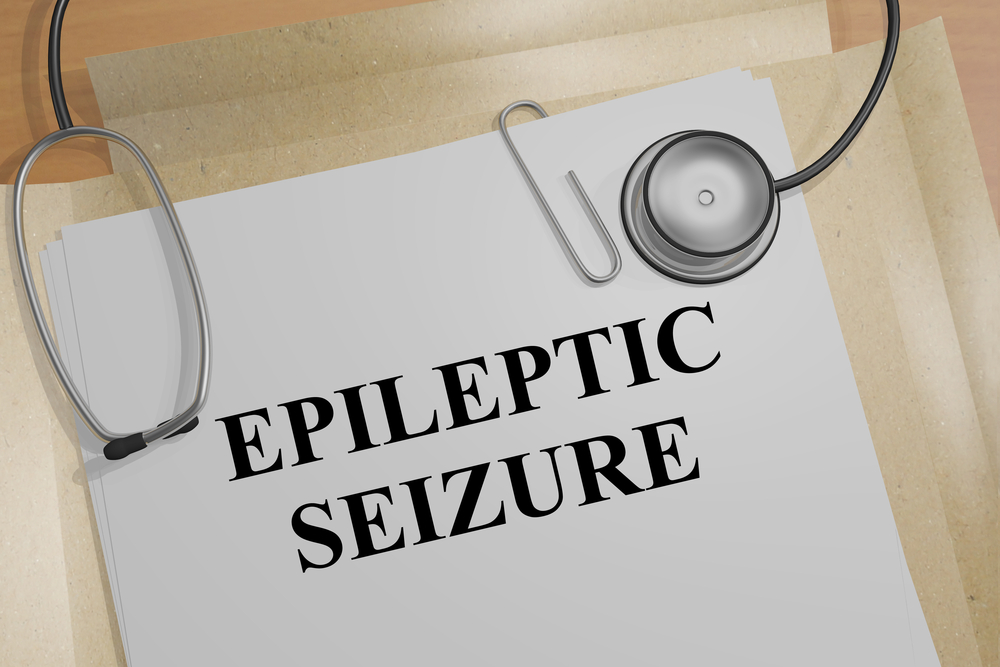Epilepsy Seizures May Promote Autism Symptoms in Angelman Syndrome, Study Finds

Epileptic seizures contribute more than previously thought to autism symptoms in patients with Angelman syndrome, according to researchers.
The study, “Effect of epilepsy on autism symptoms in Angelman syndrome,” was published in the journal Molecular Autism.
Autism and epilepsy often co-occur in patients with Angelman syndrome, but the extent to which the association between autism symptoms and epilepsy is due to shared aetiology or to the direct effects of seizures was unclear.
Researchers identified medical records and questionnaires from 115 individuals with Angelman syndrome from the records of the Frambu Resource Centre for Rare Disorders in Norway and the Norwegian Angelman Association. Of these, 56 (49%) participated in the study.
Patients were asked to complete two questionnaires – the Social Communication Questionnaire (SGQ), which measures autism symptoms – and a second questionnaire to assess epilepsy, medication, and developmental characteristics. Researchers also analyzed patients’ medical records to gather information concerning epilepsy and gene abnormalities.
The study’s main goal was to find the link between the age of epilepsy onset and autism symptoms in genetically defined Angelman syndrome patients.
Among the participants, the mean age of epilepsy onset was 3, and 86% of them (48 patients) had genetically verified Angelman syndrome. Medical records confirmed that 34 individuals had epilepsy, 11 had no epilepsy, and three boys subsequently developed seizures.
When analyzing the relationship between epilepsy, autism symptoms, and nonverbal communication, the team observed that SCQ scores were higher in patients with epilepsy than in those without, but this difference was not significant. And, SCQ and age were not correlated and the level of nonverbal communication did not differ between individuals with and without epilepsy.
The results supported the theory that seizures were the main factor contributing to autism symptoms regardless of the genetic abnormalities underlying Angelman syndrome.
However, patients who presented a deletion in chromosome 15q11-q13 (vs. mutations) had more symptoms of autism. But when researchers accounted for epilepsy onset, “genetic aberration made no significant contribution to the number of autism symptoms reported,” they wrote.
Overall, “this study provides support for the notion that, in individuals with [Angelman syndrome], seizures themselves contribute more to autism symptoms than expected from the underlying genetic pathology,” researchers wrote.






